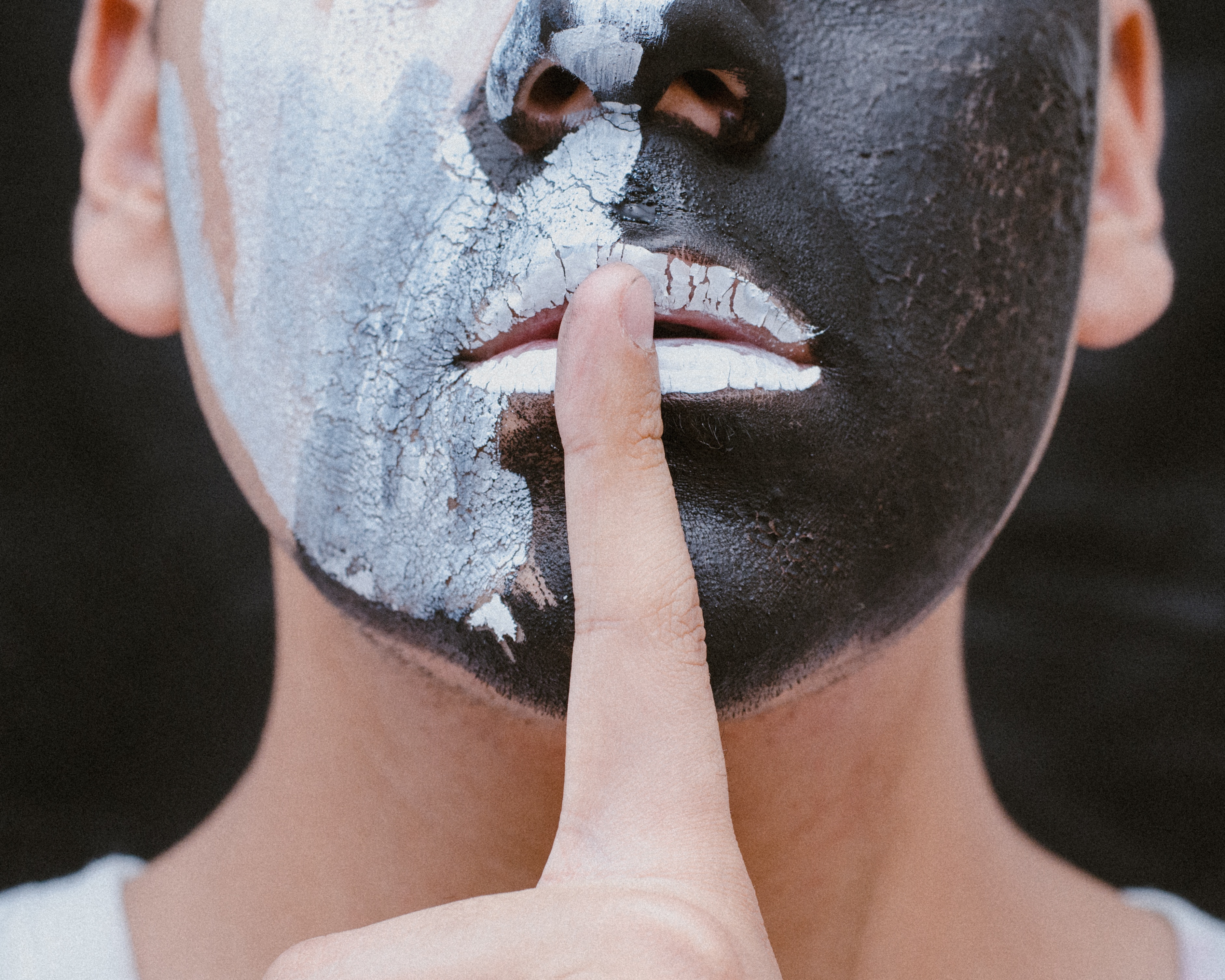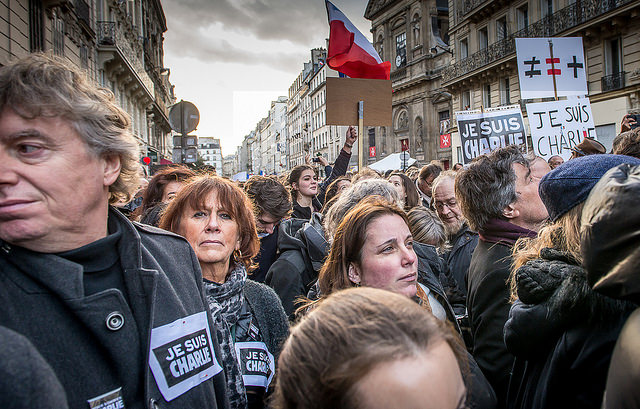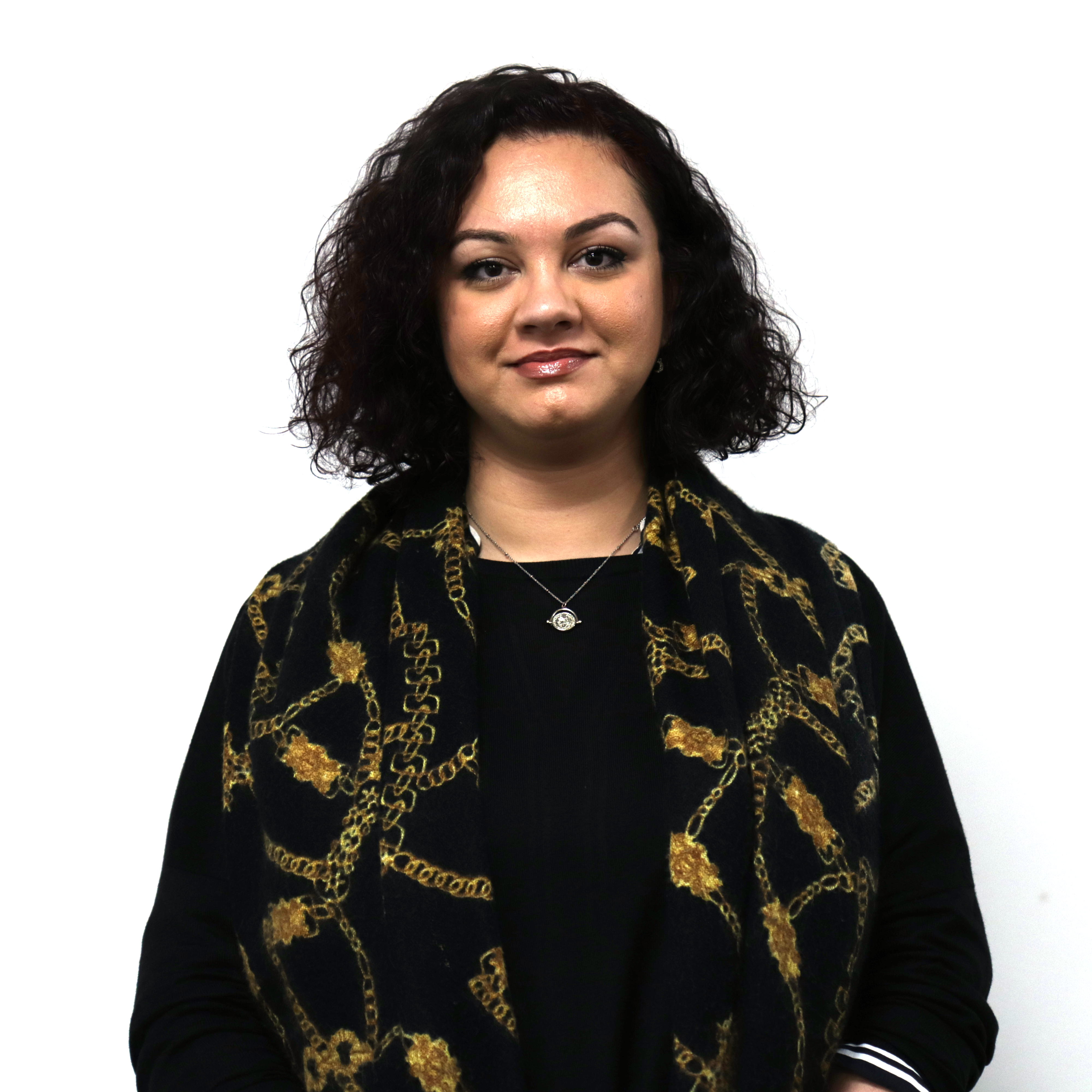In the latest of a series of historic reforms, the Republic of Ireland has voted by a landslide to decriminalise blasphemy, in what’s being hailed as a “significant milestone to becoming a modern society”.
It comes just mere months after the country voted to scrap the Eighth amendment, paving the way for safe and legal abortions, and just a few years after the successful referendum on equal marriage.
But while blasphemy (essentially the act of insulting god or religion) might have been confined to the history books in Ireland, elsewhere it’s not that simple, with the vote provoking renewed discussions about our freedom of expression and rights to religion, and how such laws impact our day to day lives.
Even here in the UK, England and Wales only scratched it out relatively recently, a decade ago – there were offences of blasphemy and blasphemous libel under the Criminal Justice and Immigration Bill which were abolished in 2008.
In Scotland criminal offences of blasphemy and heresy still exist, and similar criminal offences remain in Northern Ireland too.
And it’s a worrying picture around the world, with blasphemy and apostasy (the renunciation of religion by a person) still on dozens of statute books, and punishable by death in some of them.
How Blasphemy Fits With Our Human Rights
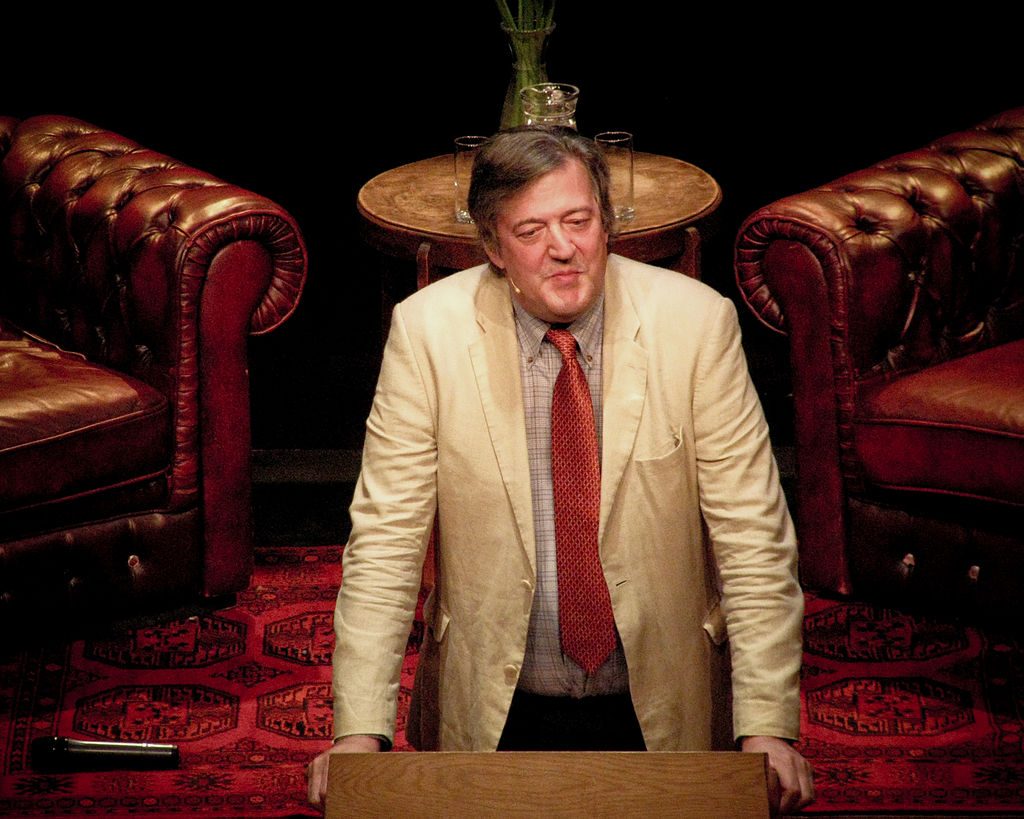 Stephen Fry was caught up in a blasphemy row in the Republic of Ireland in 2017
Stephen Fry was caught up in a blasphemy row in the Republic of Ireland in 2017
In the UK, the Human Rights Act 1998 means that any blasphemy laws in the UK must be compatible both with the freedom of expression (Article 10 of the Human Rights Convention) and the freedom of religion (Article 9 of the Human Rights Convention). This means the right to practice a religion, and more crucially, a religion that you choose. In essence, it’s not hard to see how blasphemy laws can fall foul of our human rights.
How dare you create a world in which there is such misery? It’s not right. It’s utterly, utterly evil. “Why should I respect a capricious, mean-minded, stupid god who creates a world which is so full of injustice and pain?
Stephen Fry
There hasn’t been a prosecution in Scotland for blasphemy for some 200 years, but that’s not to say it can’t happen. In the Republic of Ireland, Stephen Fry was subject to a criminal investigation in 2017 following complaints about his comments on a TV programme The Meaning of Life where he said god was “mean-minded” and “stupid”, but the investigation was later dropped as not enough people were found to have been offended.
Although blasphemy is effectively unenforced in the UK and Ireland, campaigners argue that it doesn’t set a good example on the international stage, especially when six states currently list it as punishable by death. Professor Heiner Bielefeldt, a former United Nations Special Rapporteur on Freedom of Religion, advised that the “major damage done by this legislation is the international one”.
‘Your Very Existence is Blasphemy’
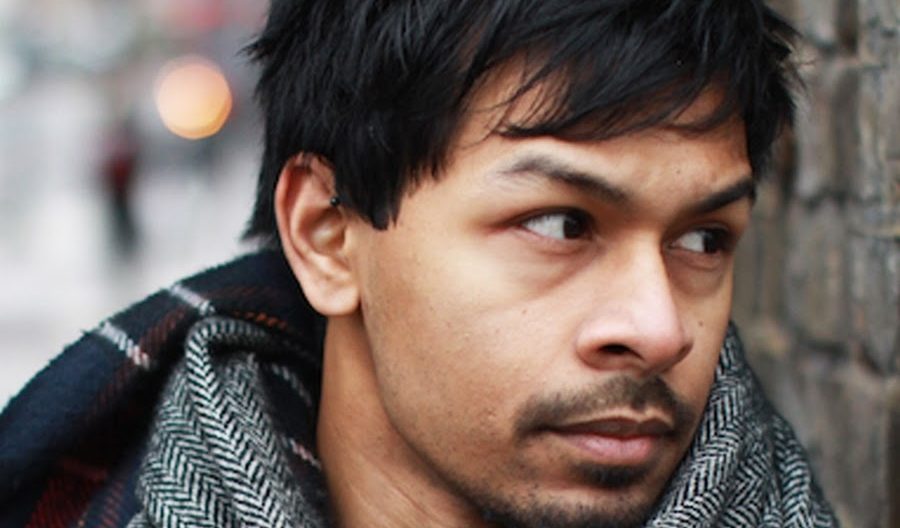 Imtiaz Shams, Faith To Faithless
Imtiaz Shams, Faith To Faithless
Even without blasphemy laws, there can be societal attitudes that mean people who are non-religious face discrimination and are forced to hide or censor their views because of social taboos. And it’s not as far removed as you might think.
Imtiaz Shams is the co-founder of Faith to Faithless, an organisation founded in 2015 giving a platform to faithless or ex-religious people and supporting individuals who have left high control religious communities or cults.
Within high-control religious communities, someone who is questioning the status-quo, is deemed blasphemous.
Imtiaz Shams, Faith to Faithless
Faith to Faithless supports apostates in speaking and expressing themselves freely and also works with communities and services such as the police, to tackle discrimination and improve awareness of discrimination.
Through Faith To Faithless, Shams frequently meets non-religious people who are often minorities within minorities, and face ill-treatment and discrimination from their communities, families as well as from service providers, for not following their community’s religion.
“Within high-control religious communities, the very existence of a non-religious person, or someone who is questioning the status-quo, is deemed blasphemous,” explains Shams to RightsInfo.
People can be ostracised by their families and are often labelled an ‘apostate’ – someone who has renounced a religion – and, in extreme cases, their lives are threatened. Shams explains that as a result they may hide their decision not to follow a religion, resulting in an individual feeling stuck, isolated and scared to reveal who they really are.
That’s why spaces such as Reddit and online forums where they are free to express themselves can be the only spaces they feel alive
Imtiaz Shams, Faith to Faithless
For individuals in this situation, “the freedom to choose is like life itself”. “They can often feel without this freedom they might as well be dead,” he continues. “That’s why spaces such as Reddit and online forums where they are free to express themselves can be the only spaces they feel alive”.
Shams has personal experience of this. His journey to becoming an ex-Muslim started with looking online for answers. He describes the more controversial, shocking cartoons and content he came across as being a punch to his gut, even now as a non-religious person.
But it was, in fact, that type of blasphemy that made him challenge his own beliefs. “There are real cultural narratives about things we can insult and things we cannot; this can say more about our narratives as a society than the offensive thing itself.”
Would I be alive if I was in Bangladesh? Probably not.
Imtiaz Shams, Faith to Faithless
Shams observes how being an apostate in some countries could be a matter of life and death. For example, in Bangladesh there has been a spate of vigilante murders and violent attacks against bloggers and activists who are apostates or critical of religion. “Would I be alive if I was in Bangladesh? Probably not,” says Shams.
Xavier’s Journey from Muslim to ‘ex-Muslim’
Xavier’s journey began after the Charlie Hebdo attacks. Image Credit: Fred PO / Flickr
Xavier* is a 20-year-old Londoner who identifies as an ‘ex-Muslim’. Speaking to RightsInfo, he explains: “I was born and raised a Muslim, in a pretty orthodox family. I left the religion two years ago, my journey actually started off after the Charlie Hebdo attacks.”
I began thinking about how religion was taken so seriously that you can’t mix mocking and joking with it in any way
Xavier, who identifies as an ‘ex-Muslim’
Xavier felt conflicted and started to question the concept of blasphemy. “I remember watching a South Park episode that depicted Muslims praying towards a cow and that really got under my skin. It was about disrespect and I began thinking about how religion was taken so seriously, that you can’t mix mocking and joking with it in any way”.
Although Xavier felt a pressure to continue following the Muslim faith because of his wider community, he stresses that some of this was self-inflicted. “You punish yourself for thinking or even entertaining an idea that goes against the laws or concept of god.”
What’s This Got to do with Human Rights?
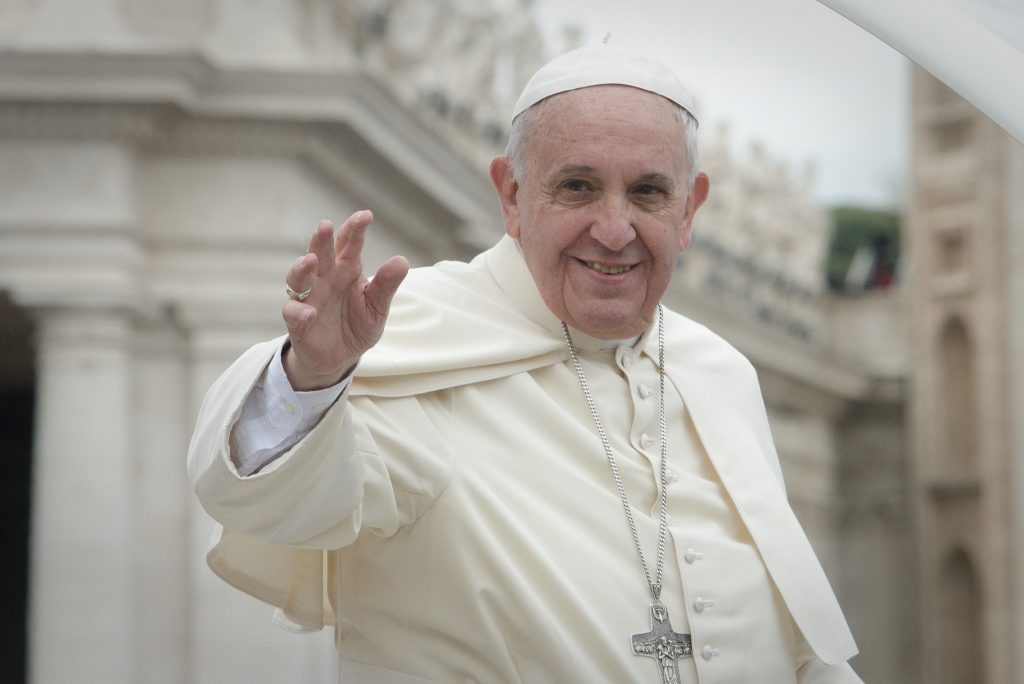 The Pope has previously said blasphemy is the gravest sin. Image Credit: Aletia Image Department / Flickr
The Pope has previously said blasphemy is the gravest sin. Image Credit: Aletia Image Department / Flickr
Engaging and recognising the issues surrounding blasphemy and ‘apostasy’ within communities, should, Shams, argues, be extremely important for human rights advocates.
Human rights are about dignity and being able to be true to who you are. For people who feel they cannot express their thoughts and opinions freely, blasphemy can be an effective tool to challenge ideas and stimulate uncomfortable conversations. But that’s a right that needs to be protected.
Shams hopes for ‘non-religious’ to stand as its own protected characteristic under UK equality laws.
Faith to Faithless is campaigning for the rights of non-religious people to be better protected in the UK, but Shams also hopes for ‘non-religious’ to stand as its own protected characteristic under UK equality laws.
The right to freedom of religion is protected under the Human Rights Convention does already exist, and explicitly includes the right to have no religion and to have non-religious beliefs protected. But these laws, which are meant to protect and encourage tolerance, need to be more than just words.
As is often the case when enforcing and protecting people’s human rights, individuals and communities affected must voice their support in order to effect real change. The more exposure apostates receive and the more that open discussions are encouraged amongst religious communities, the more apostasy and blasphemy will be viewed as real issues affecting real people.
*Xavier’s name has been changed to protect his anonymity.

